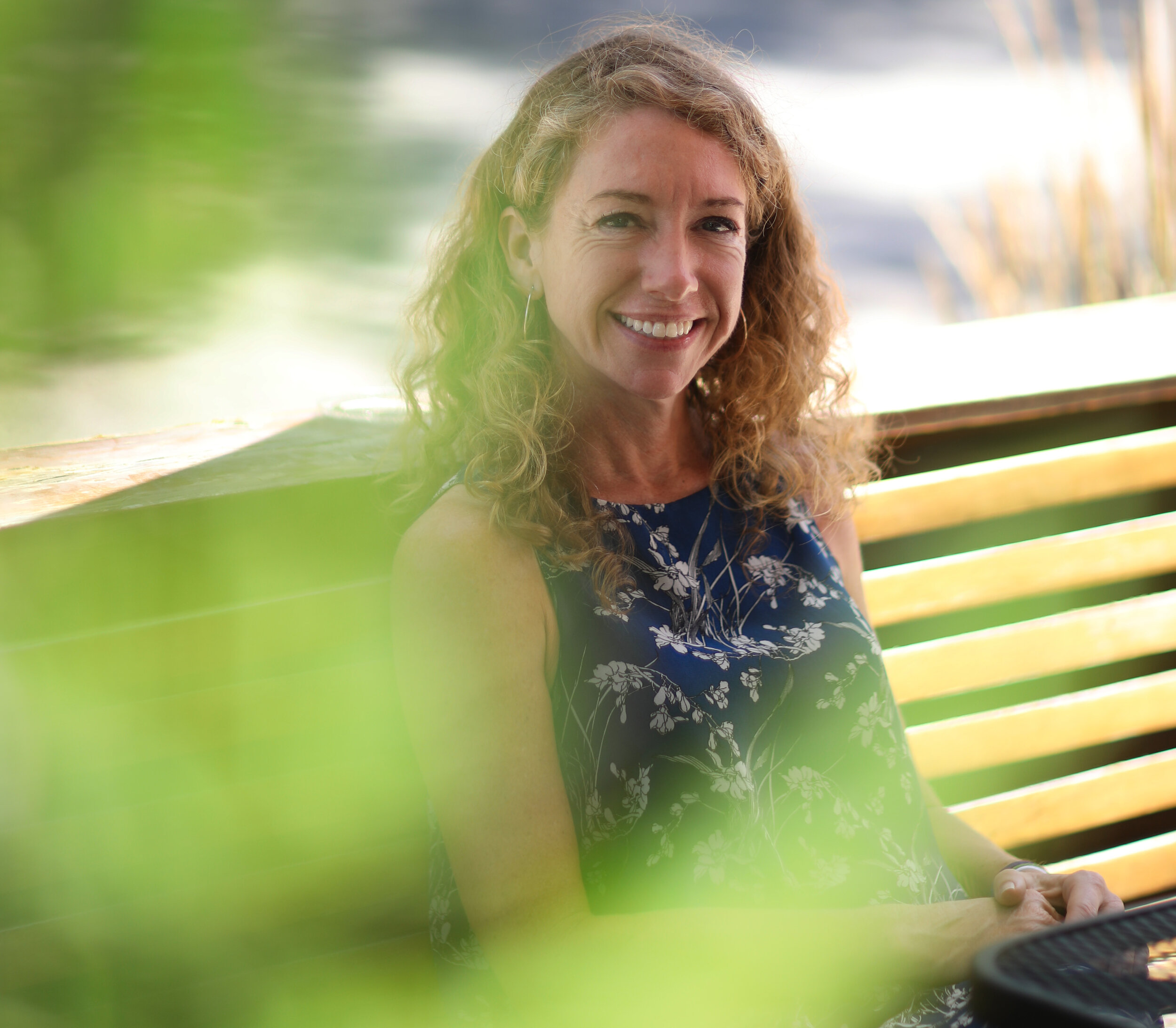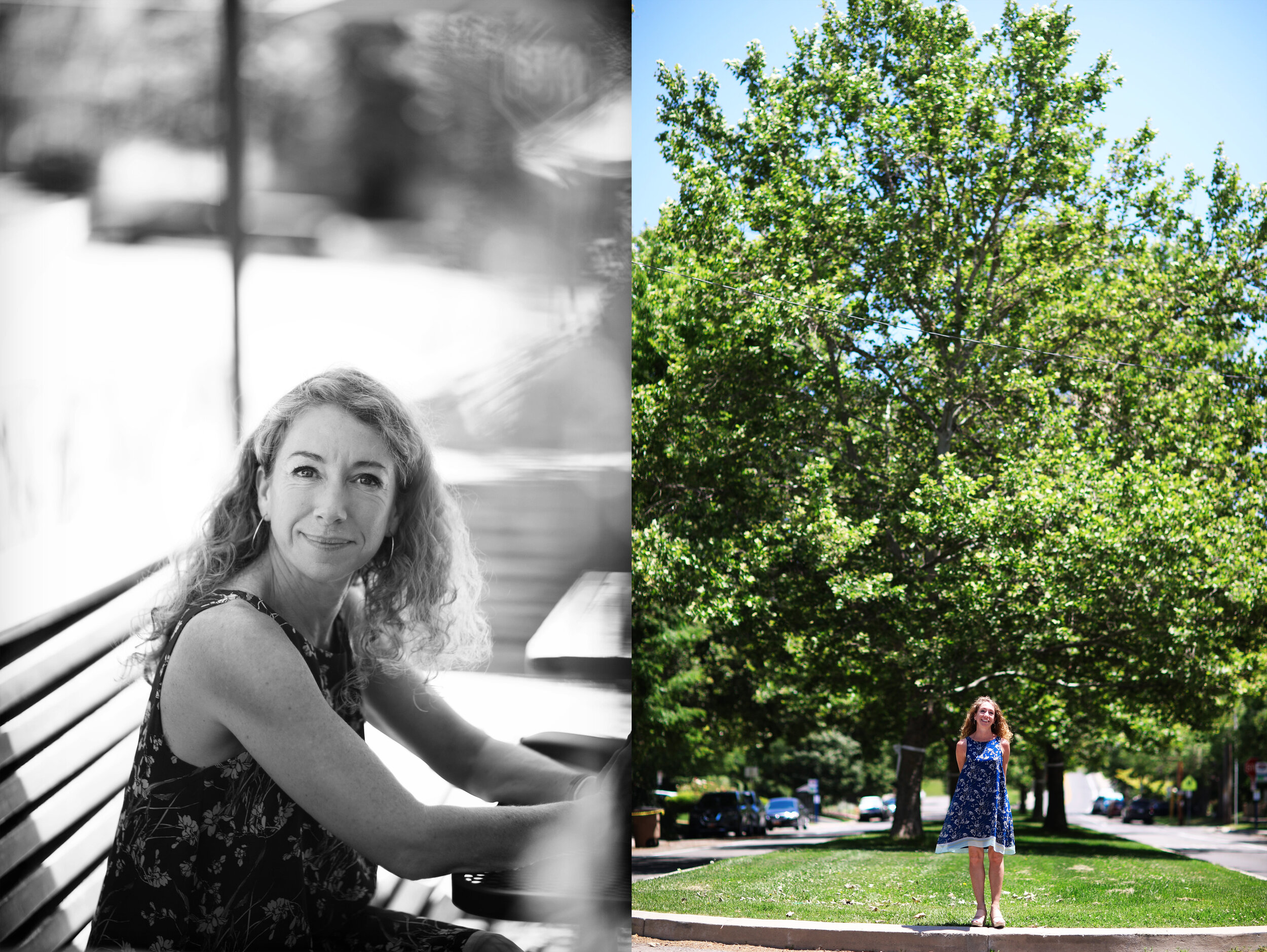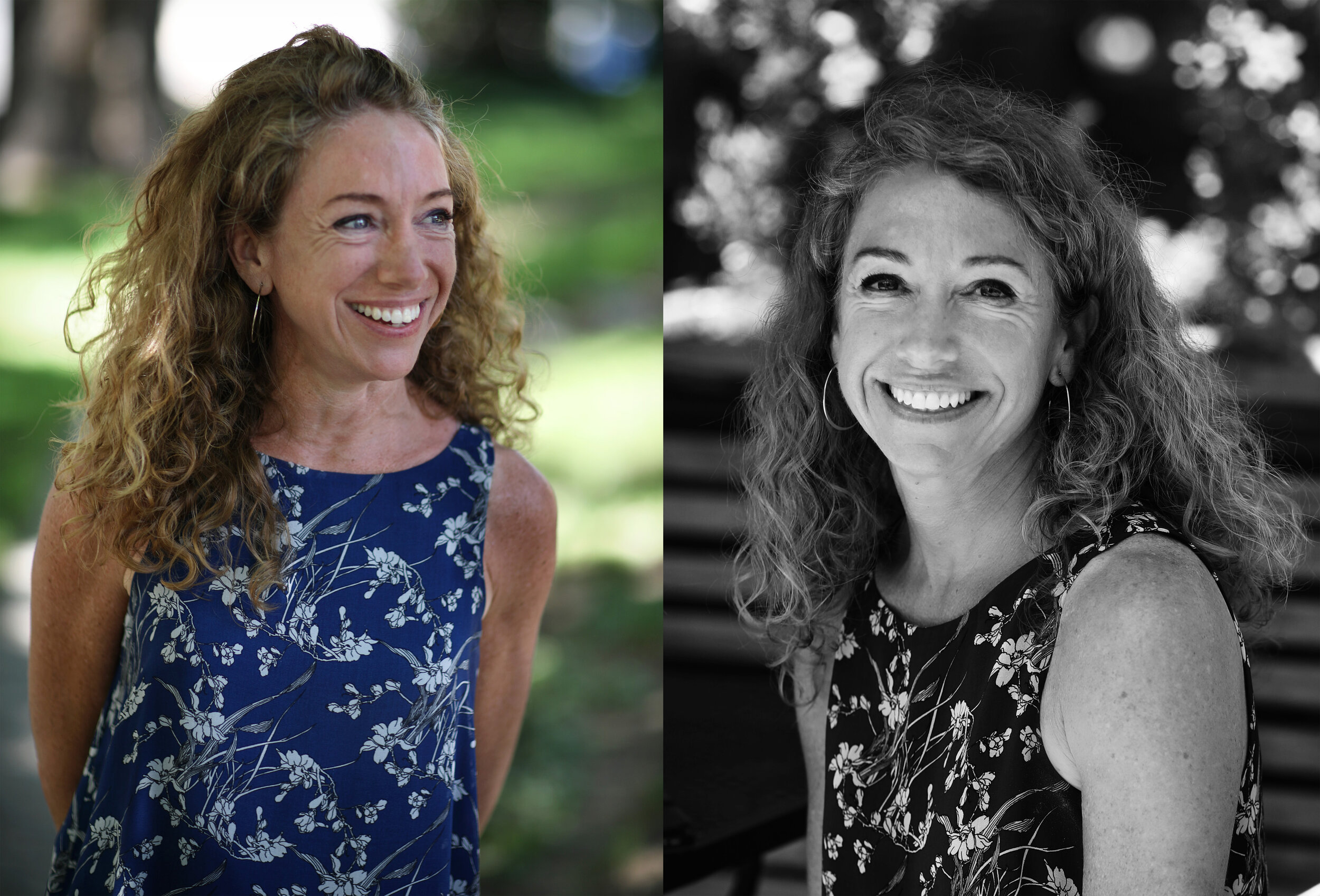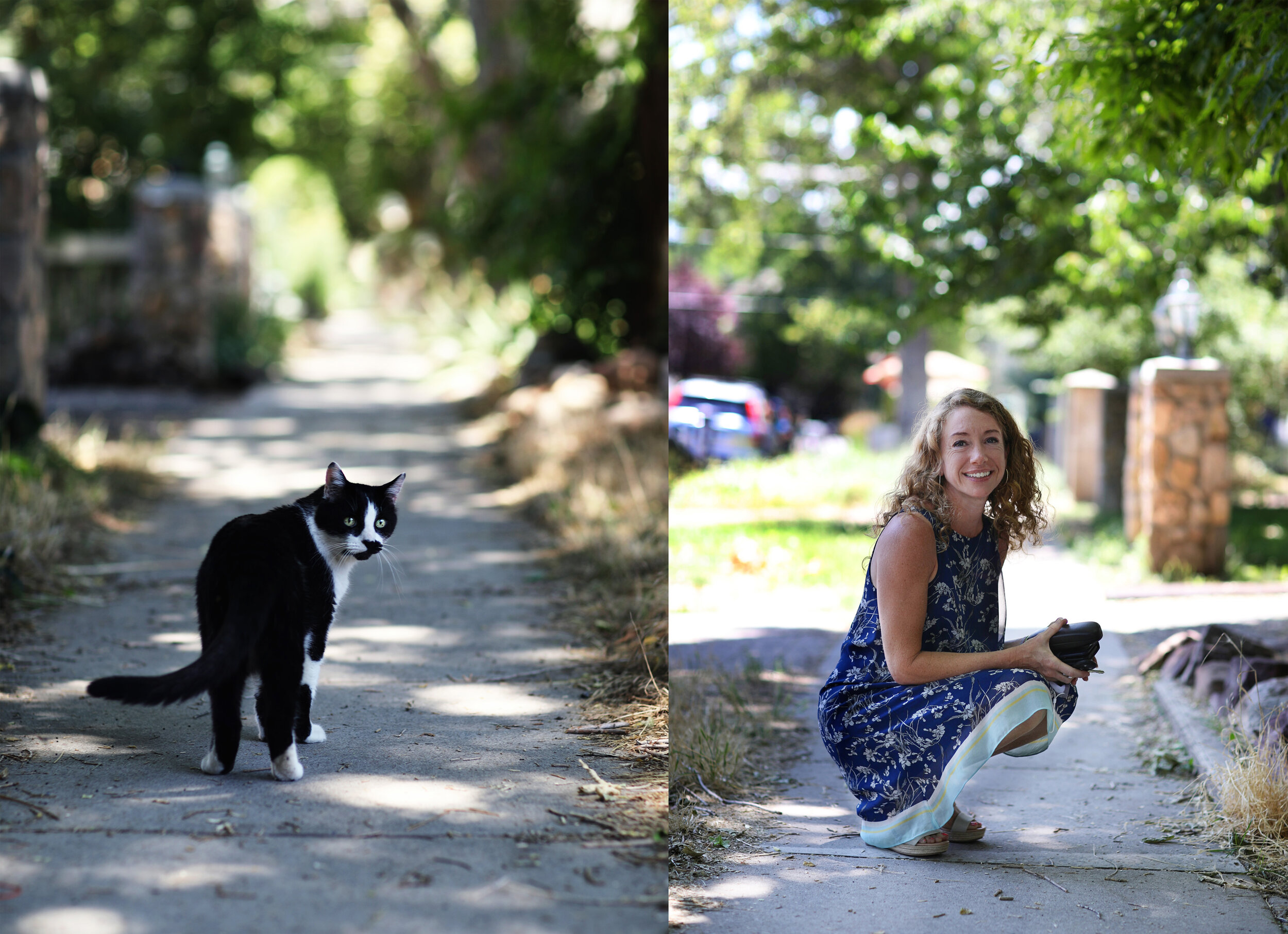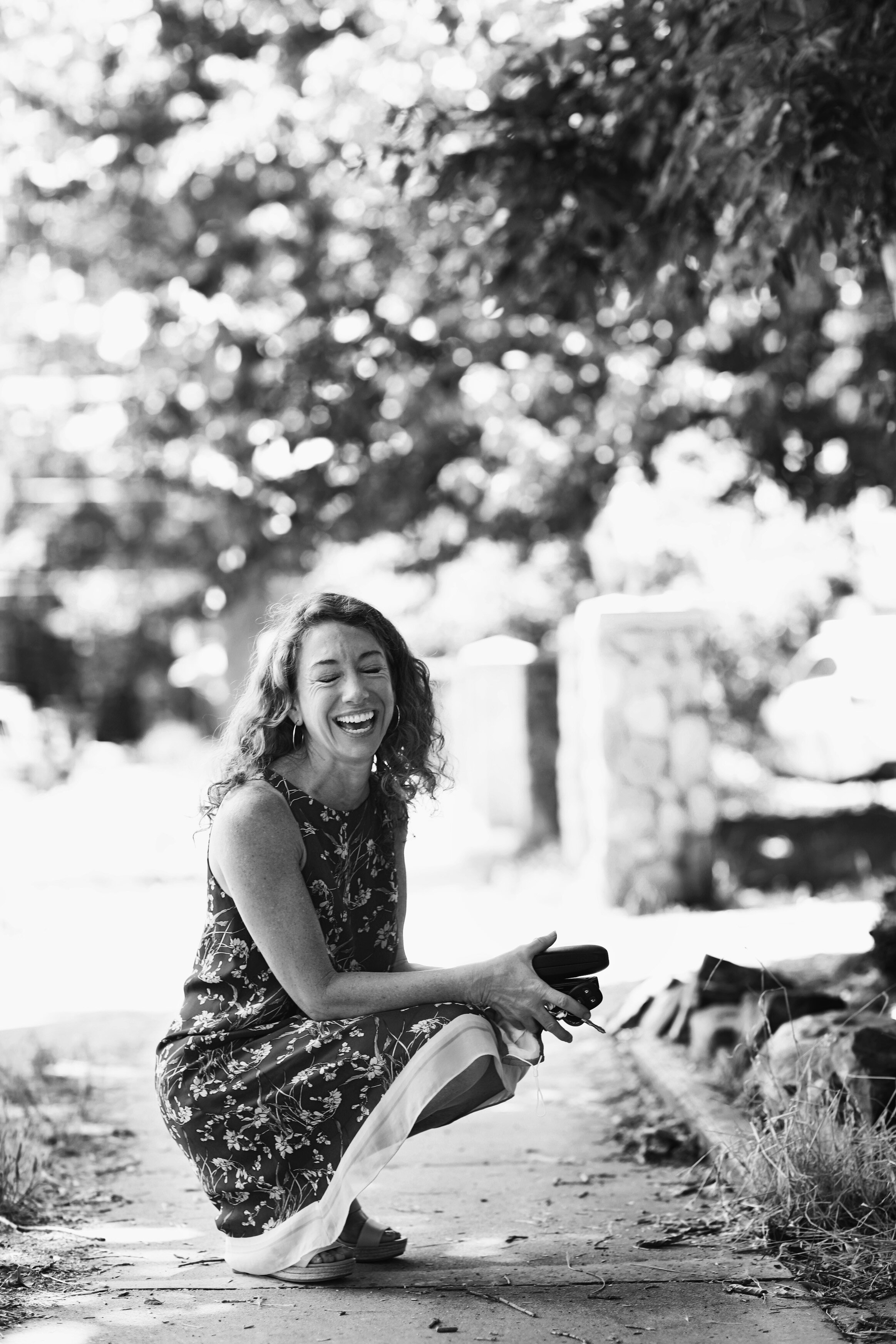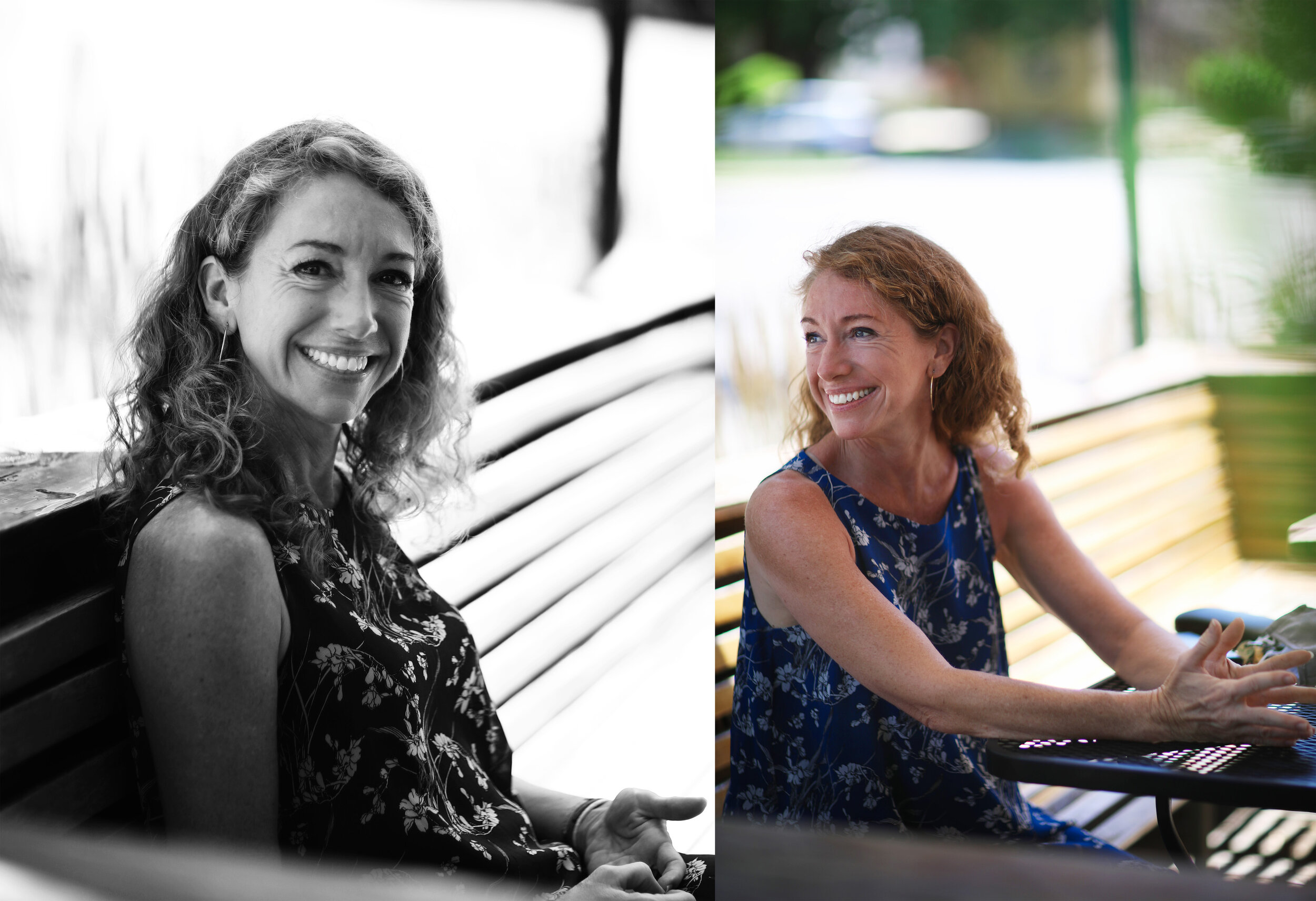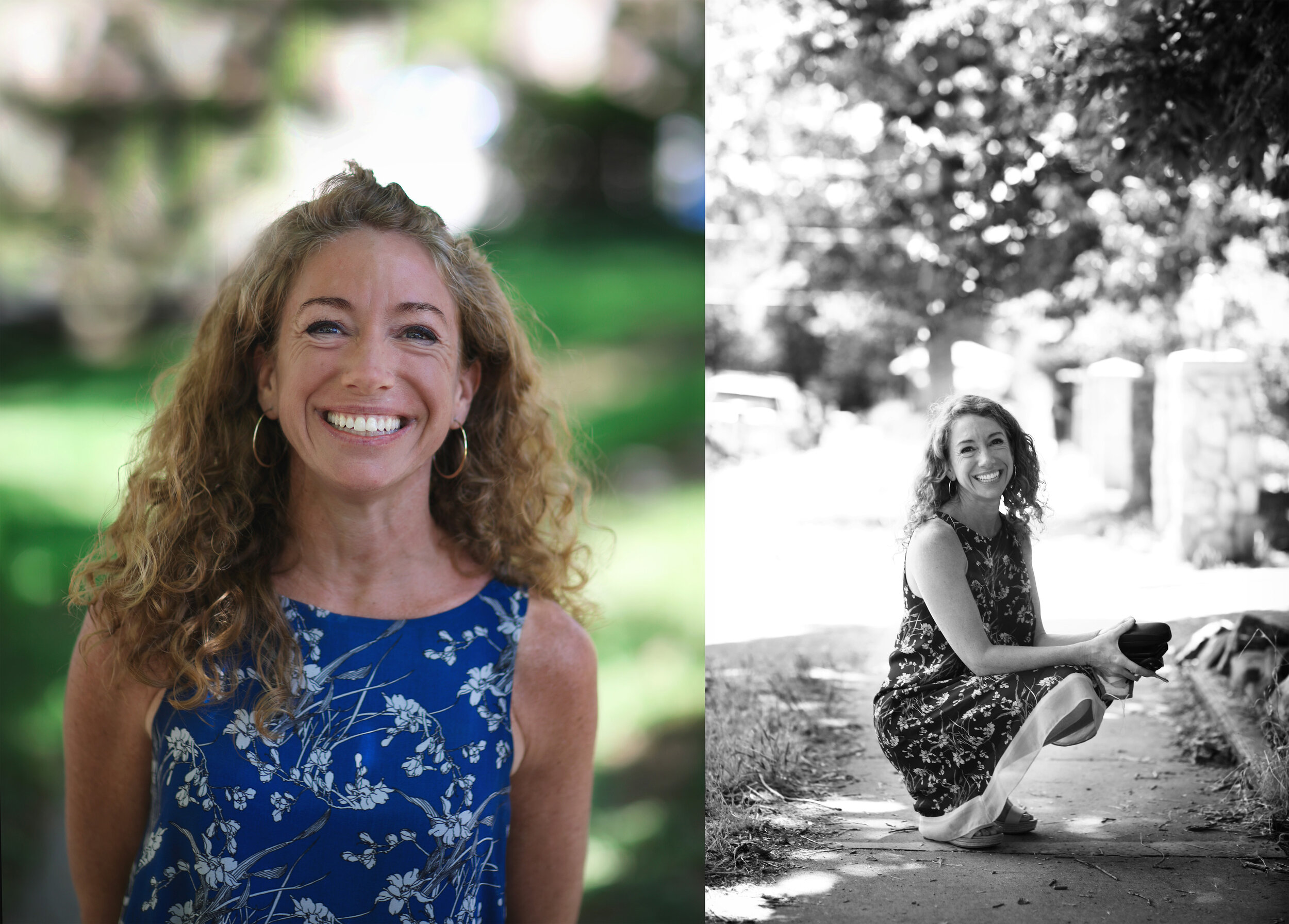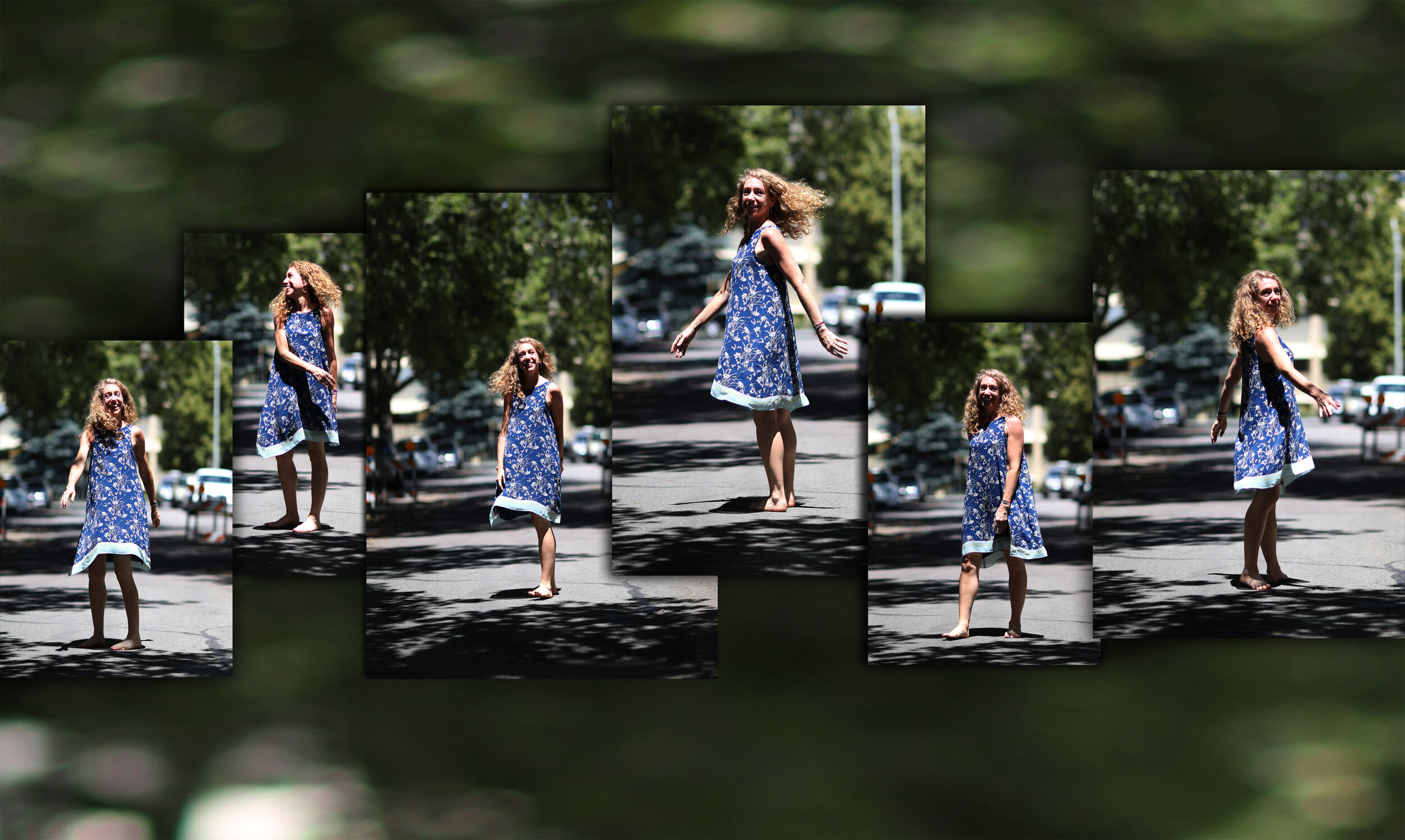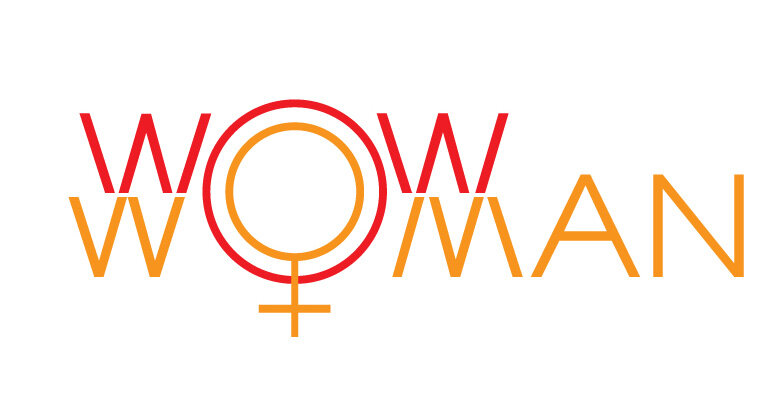Assistant Professor, Writer, Dancer, Salt Lake City, USA
While in Salt Lake City, I had the pleasure of speaking with Professor Kate Mattingly who is an expert in all things dance. It was fascinating to get Ms. Mattingly’s take on what is exciting and potentially lacking in having a wider online access to the dance performances. On one hand, the COVID-19 pandemic seemed to have leveled the playing field for the artists and performers alike, forcing the entire industry to migrate online. On the other hand, isolation and social distancing brought about a whole new set of challenges and demands such as teaching in the virtual classrooms, streaming performances and recording the dance recitals.
Kate’s work and interests lie in understanding the role of criticism of dance performances, specifically the sexisms, racisms, and classisms that have circulated for decades through the print critics’ writing. Kate is interested in many ways artists, dancers and creators are able to challenge the authority as well as the sphere of influence that proliferate in the conventional scene of a print medium. It seems to me that a forced move to the digital platforms during the pandemic, and a strict online-only availability of art, provided Kate with an ideal petri dish to test her assumptions and further explore the questions asked in her thesis.
On a personal note, connecting with a thoughtful and intelligent WOW Woman was a refreshing break from the isolation of the pandemic. Our chat left me exuberant and inspired.
1. Name
Kate Mattingly
2. Where is your hometown?
Salt Lake City, UT
3. What is your profession/career/title/self-label/designation? What does your average day look like?
I am an assistant professor at the University of Utah and teach courses in dance histories, criticism, and dance studies. During the academic year, an average day involves teaching classes, meeting with students and colleagues, and working on my research, which focuses on systemic exclusions in dance education and criticism.
4. What did you study in school?
Architecture for my BA (Princeton University); Dance for my MFA (NYU) and Performance Studies for my PhD (UC Berkeley)
5. What was the journey like to get where you are (in life and career-wise)? Write about some of the achievements that you are most proud of. What was the breakthrough moment for you (in your personal life and/or career?) that set you on the current path in life?
I had a career-ending injury when I was dancing: a Jones fracture in my left foot that happened when I was landing from a jump. I was in my mid-20s. Hearing one of your own bones break is a memorable moment and being on crutches for about a year meant I turned my focus to writing about performances and artists instead of dancing. As painful as the injury, operation, and recovery were, I am grateful that this fracture set me on a different path, one that has been rewarding, challenging, and fulfilling.
I just knew I loved studying the histories and theories of design, and this education has influenced the way I write about choreography and performances.
6. How is your life different from what you pictured at 20?
I don’t remember what I thought I would do with my Architecture degree. I just knew I loved studying the histories and theories of design, and this education has influenced the way I write about choreography and performances. It also inspired me to think deeply and critically about literal and figurative structures that influence our movement and ideas.
7. Was there a time when life knocked you down or out and how did you get back up on your feet?
Breaking my foot was a knock-down moment and rehabilitating for a year taught me patience and appreciation.
8. Advice for other women?
To support and celebrate one another. I sometimes see a woman compete with another woman, or be reluctant to acknowledge another’s achievement or success. I think the world can be difficult and challenging enough. Why not recognize and honor the incredible things women are doing? Life is not a zero-sum game.
I hope that the way forward for women includes women of all ethnicities, socio-economic classes, religions, and identities.
9. Knowing what we know now in a current political climate, can women be "all that we can be" in today's world? What is the way forward, as you see it, for "feminist values"?
I love that more women have choices today, and that feminism appears in many different forms and roles. This summer, 2020, has brought increased attention to social justice, racial equity, and the importance of intersectionality. I hope that the way forward for women includes women of all ethnicities, socio-economic classes, religions, and identities.
10. Where in the world do you feel “tallest” (i.e. where is your happy place)?
As a small person I have a hard time equating being “happy” with being tall! Most days my happy place is on my yoga mat. I have practiced for about 20 years and find yoga to be a recalibrating practice that balances my physical, mental, and emotional states. It also reminds me of the importance of stamina and compassion.
11. What extra-curricular activities/hobbies are you most proud of? Why?
I love writing about dance and most evenings, before the pandemic, were spent at performances and writing reviews. This is a practice I have been honing for 20 years and I love that my writing can, at times, broaden people’s awareness of the arts, especially dance.
12. What do you want to be when you grow up? Future goals/challenges?
I would love to see dance education become more equitable and more multifaceted, and I hope to contribute to that goal. At the University of Utah, I work with graduate students who are pursuing an MFA degree in Ballet. It’s the only program in the country that offers a Ballet MFA, and the students are often former professional dancers. These women are so brilliant and thoughtful, and the coursework gives them opportunities to think critically and creatively about their careers and the future of ballet. I see them leading the way in creating more inclusive and compassionate classes, and dismantling stereotypes about ballet dancers as unknowledgeable, or just do what they are told.
13. What fears are you still hoping to overcome?
No fears come to mind. There are lots of uncertainties and discomforts that I work to embrace because I think any kind of learning involves moments of discombobulation and questioning. This can feel unfamiliar and scary, and it is through these moments that the greatest transformations happen.
14. Anything you'd do differently, if you had another go at life?
Nothing I would do differently.
15. What inspires you?
Traveling inspires me to consider different approaches to living and thinking: from age 25 to 34 I spent part of each year teaching in Salzburg, Austria, and then lived there from 2007 to 2008, teaching at a dance academy and working for a contemporary performance festival. I had a chance to visit Izola, Ljubljana, Bratislava, Majorca, Brussels, Paris, Berlin, Vienna, Budapest, Prague, and Venice. I loved noticing different approaches to making performances, supporting artists, and eating, cooking, and enjoying life. Traveling teaches us a lot about ourselves.
16. What are you hopeful about?
The students I work with give me hope that our future will be more equitable, inclusive, and just. They have tremendous respect for learning and listen carefully to different points of view. Sometimes I think this is because they are very serious ballet dancers, and this training requires intelligence, perseverance, patience, and courage.
17. What are some ingredients to a good life?
Gratitude, laughter, love.
18. What are (at least) three qualities you most love about yourself and why? What are your superpowers?
A student recently said that my superpower was the ability to summarize an argument into a clear and compelling sentence, or two, and to do this quickly. I think it’s from writing reviews on deadlines for newspapers and magazines and needing to formulate, assess, and articulate ideas in very little time. The more we practice a skill, the more fluid it can become. In terms of personal qualities, I love that I more open now to hearing different perspectives than I was in my 20s or 30s. I think I have developed more humility and acceptance as I have aged.
19. What advice would you give your 14-year-old self?
Trust yourself.
20. What are you reading now? (what books do you gift most and what are your favourite reads?)
Just finished Minor Feelings: An Asian-American Reckoning by Cathy Park Hong which was phenomenal, and Braiding Sweetgrass: Indigenous Wisdom, Scientific Knowledge and the Teachings of Plants by Robin Wall Kimmerer, also phenomenal. I am now reading Rebecca Solnit’s Recollections of my Nonexistence, which is really great and also devastating because it is a memoir that discusses the sexism and misogyny Solnit has encountered. She has a great line for women who find themselves criticized and questioned, “It’s not you, it’s patriarchy... there’s something wrong with a system that bears down on you and tells you you’re useless, incompetent, untrustworthy…”
21. Who is a WOW WOMAN in your world who inspires you and why? Can you nominate three (or more) women you know who perfectly fit WOW WOMAN description?
a WOW Woman Philippa Hughes and
Keesha Beckford (a friend from college who now lives in Chicago and teaches dance – smart, bold, and awesome)
22. Where can others find you/your work (links to websites, blogs, etc.)?
faculty page: @dance.utah.edu
a recent post on the pandemic: inearts.utah.edu/news/the-finer-points-blog

